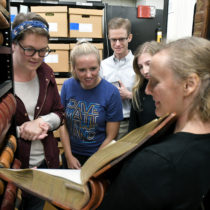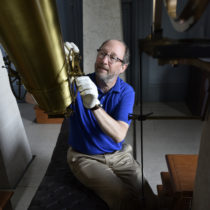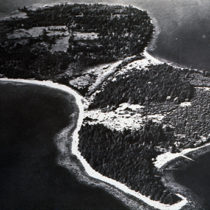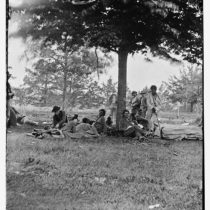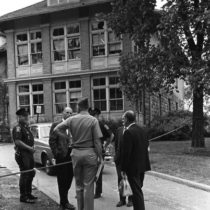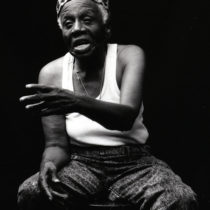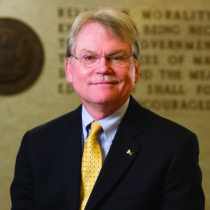Go back to Magazine Archive | Download the Magazine
-
Teaching Undergraduates with Archives
In an upcoming fall symposium, the Bentley will explore how evidence from the past impacts today.
… Complete Story -
Beyond the Bicentennial
Gary D. Krenz, formerly the Executive Director of the University of Michigan Bicentennial Office, has been appointed Director for Post-Bicentennial Planning at the Bentley Historical Library. Here, he talks about what he hopes to achieve in this new role.
… Complete Story -
On the (Treasure) Hunt
Ross J. Wilhelm was an esteemed professor of business economics at the University of Michigan. So why, then, does his collection at the Bentley Historical Library contain folders full of strange symbols and ciphers, complex drawings and codes, and references to an obscure 16th century text?
… Complete Story -
Soldiers and Warriors
Among the 20,000 American Indians who fought for the Union and the Confederacy during the Civil War, a single company from Michigan was made up almost entirely of indigenous men. A researcher used Bentley archives to trace their history and share the story of the Anishinaabeg of Company K.
… Complete Story -
Panther by the Tail
When three members of the White Panther Party were accused of setting off bombs across Southeast Michigan, their case hinged on a crucial detail: Evidence was acquired through wiretapping without a warrant. The case made it all the way to the Supreme Court and, today, collections at the Bentley document the details of this historic ruling.
… Complete Story -
Living with Pride
During a time when many people stayed in the closet, Ruth Ellis — born in 1899 — forged a path for people in Detroit’s LGBTQ community, especially other African Americans, until her death at age 101.
… Complete Story -
Haber’s Labor: Saving the World
In 1936, William Haber joined the faculty of the University of Michigan, where he would become a world-famous economist, author of scores of academic publications, chairman of the Economics Department (1962), and Dean of LSA (1963–1968). He would also be a champion for refugees and immigrants.
… Complete Story

